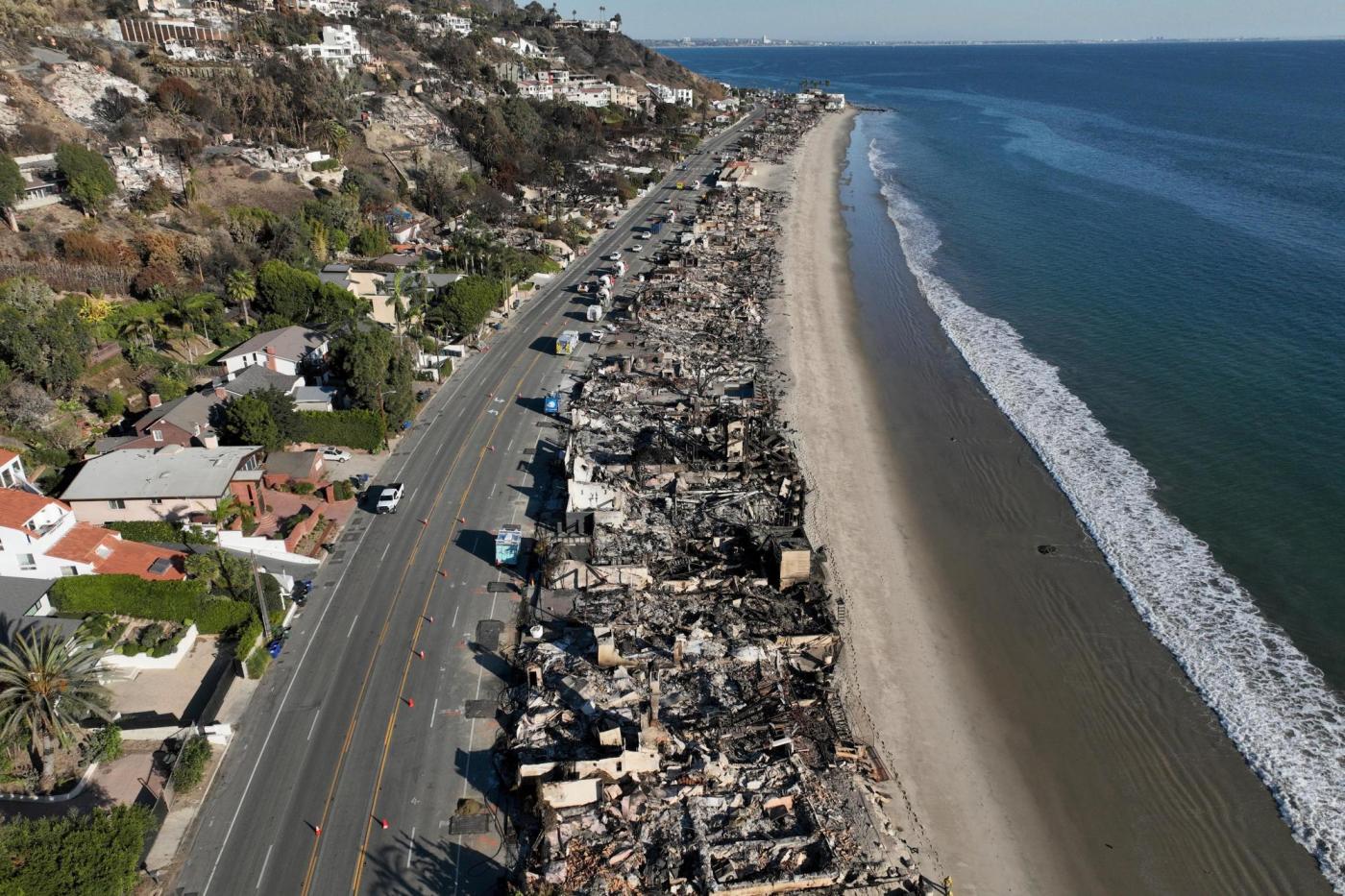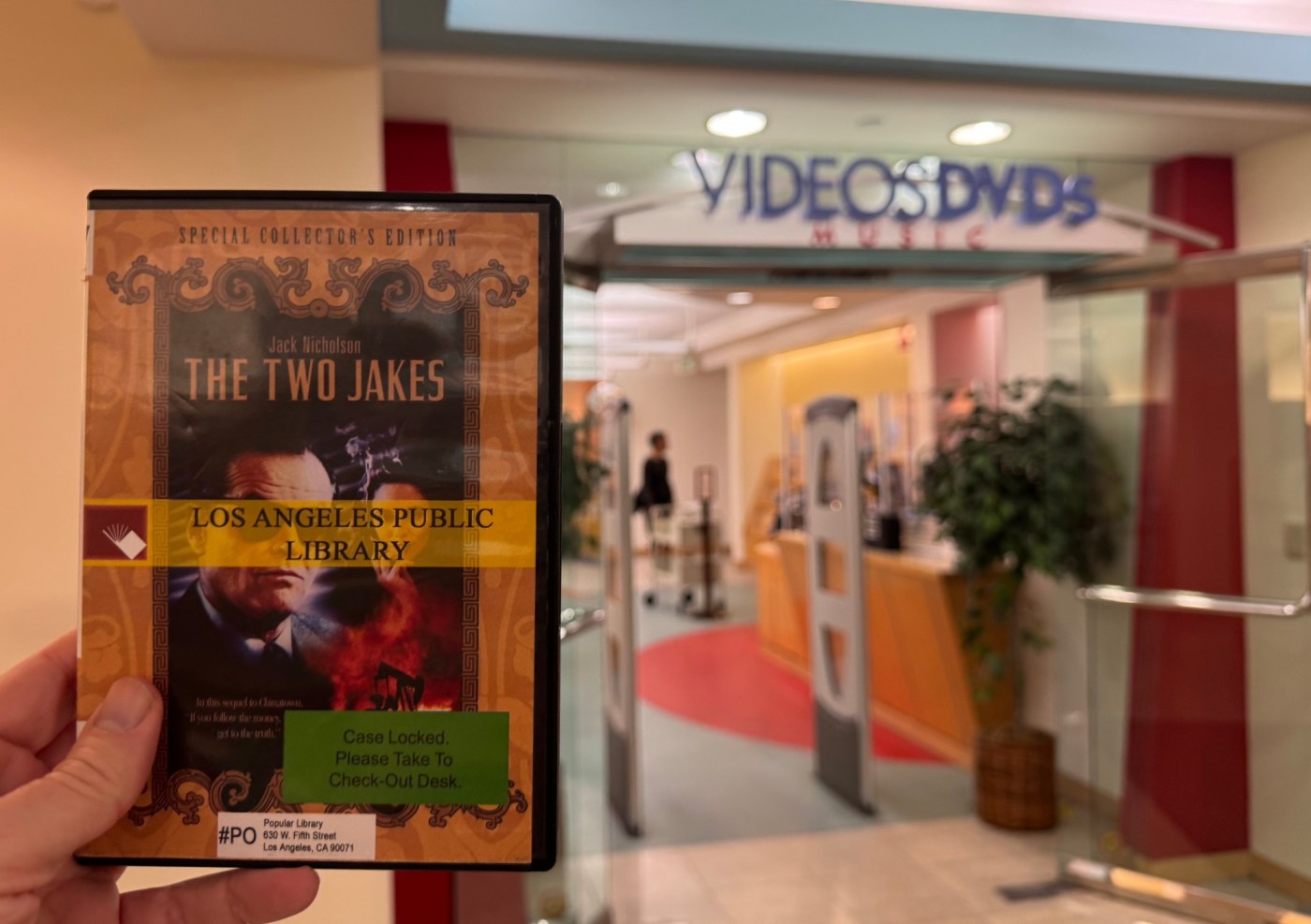HOA Homefront: The importance of how boards decide actions
HOA Homefront: The importance of how boards decide actions
In the HOA world, corporate formalities can often seem to discourage and frustrate quick decisive action.
However, there are important reasons the process must be followed, and the corporate process is a critically important legal protection for volunteers.
Volunteer immunity from Civil Code 5800(a)(1) is limited to acts “performed within the scope” of the officer/director’s association duties. This echoes similar language commonly found in directors and officers insurance policies.
Volunteers who skip the HOA approval process and act without board authority may be outside of the protections of both the statute and the insurance. This could be a disaster for volunteers who “take the bull by the horns” instead of waiting for their board colleagues to decide upon a particular action.
Corporations are legal fictions recognized by law as “persons” with rights to own property, sue, and be sued.
However, as legal fictions, corporations only act through boards, and board actions are proven through written minutes.
Minutes prove that a legal commitment is the corporation’s. Without minutes documenting corporate authority, a volunteer may not be able to prove a vendor commitment was the HOA’s and not theirs personally.
While that scenario would be a nightmare for the volunteer, it can easily be avoided by waiting to sign contracts until the board approves them. Managers and volunteers should insist that board authority to act is confirmed in writing and then soon as possible is recorded in minutes.
Corporate powers come from statutes and governing documents, and actions outside that corporate authority are called “Ultra Vires,” a Latin term meaning “outside the powers.”
In business corporations, officers often are the primary deciders, but in HOAs boards are the primary decision-maker. If an officer acts outside those powers and without board approval, it is not corporate action, and the officer is exposed to risk.
Sometimes urgency requires an immediate decision to be made — such as calling an emergency contractor, for example. Boards may take emergency actions via email, under Civil Code Section 4910(b)(2).
If that isn’t possible, it’s critical that directors acting for the corporation in emergencies as soon as possible obtains formal corporate approval, called “ratification” of the action taken, which ratification must be documented in minutes.
California’s Open Meeting Act (Civil Code §4900-4955) contains many mandatory governance procedures — in addition to those in the governing documents. That law requires advance notice of board meetings, bans actions outside of board meetings, limits use of executive sessions, and requires prompt availability of draft minutes.
Boards violating the Open Meeting Act often invoke explanations of efficiency or convenience. However, boards violating the legally required corporate process by deliberating outside of open meetings may expose those decisions to legal challenge as outside the corporate authority.
Sometimes directors step out ahead of the board in their zeal to “get things done,” acting without documented board authority. However, what if the board later disavows the director’s action, leaving the director personally exposed to that contract liability?
What if it turns out that the action turns out to be a mistake and wasn’t really the best for the HOA? The board might refuse to ratify the action, leaving the director personally exposed.
Board motions, votes, and recorded minutes prove that the corporation is liable, not you. Embrace them- they protect you.
Kelly G. Richardson Esq., CCAL, is a Fellow of the College of Community Association Lawyers and Partner of Richardson Ober LLP, a California law firm known for community association advice. Submit questions to Kelly@roattorneys.com.
Richardson, Esq. is a fellow of the College of Community Association Lawyers and partner of Richardson Ober LLP, a California law firm known for community association advice. Submit column questions to kelly@roattorneys.com. Past columns at www.HOAHomefront.com.
Comments 0
Recommended Post
Gogolook launches news wall feature to Whoscall App





















Leave a Comment